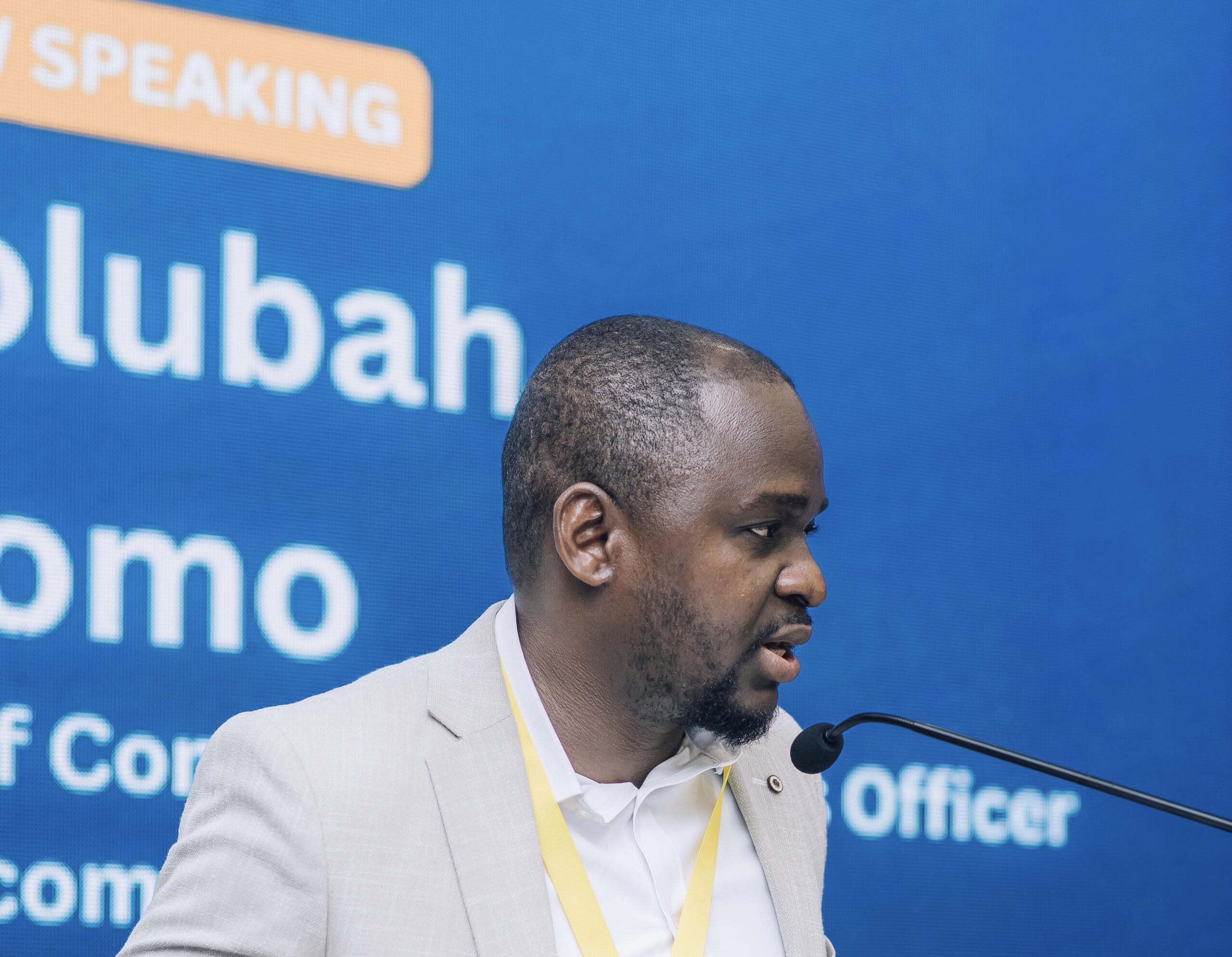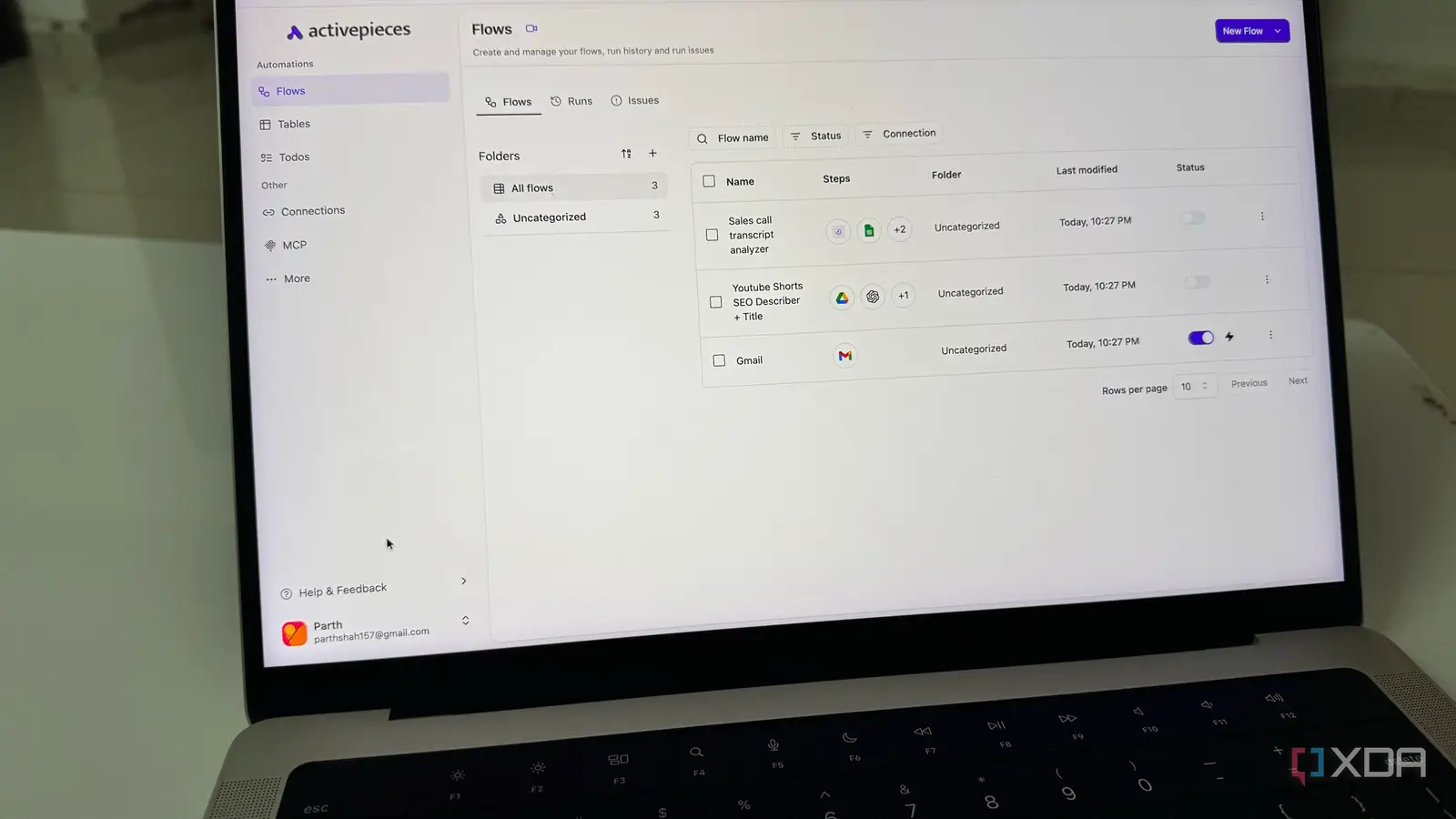By Staff Writer
Copyright businessweekly

Mascom Chief Consumer Business Officer, Kolubah Flomo, has highlighted the pivotal role of mobile technology in advancing inclusion and opportunity. Speaking at the Insights Conference 2025, Flomo told delegates that the device in people’s pockets has become a gateway to education, financial access, healthcare, and empowerment.
Addressing the conference organised by JRK Training & Consulting under the theme “The DigitalisationImperative”, Flomo said mobile phones are no longer simply tools for communication—they are multiplying opportunities and redefining inclusion.
“Imagine a world where every person, regardless of where they live, their income, or their abilities, has access to opportunities that transform their lives. That world is no longer a distant dream. It is powered by the device in your pocket, the mobile phone,” he said.
He noted that globally, more than six billion people use smartphones, while in Botswana, with a population just under three million, there are over four million active cellular connections, representing 166 percent penetration. This, he said, reflects how central mobile technology has become to social and economic development.
Flomo stressed that telecommunications companies have evolved beyond connectivity providers to become builders of digital infrastructure, enablers of connectivity, and platforms for innovation.
“As telcos, our responsibility goes beyond connectivity. We are constructing the highways of the digital economy, enabling connections, and co-creating value through fintech, APIs, smart cities, and digital ecosystems,” he said.
In education, telcos are helping bridge gaps by supporting government investments in digital access, device distribution, and smart classrooms. Platforms like Khan Academy, Duolingo, Google’s Read Along, and Eneza Education—which delivers lessons via SMS—demonstrate how mobile tools are increasing accessibility.
On financial inclusion, Flomo pointed to mobile money services, used by 69 percent of Batswana, as a driver of grassroots economic transformation. These services have empowered small entrepreneurs, particularly women, enabling them to transact, save, and grow businesses.
“From M-Pesa in Kenya to MyZaka here in Botswana, mobile money has redefined financial access,” he said.
In healthcare, mobile-enabled solutions are helping bridge access gaps. Flomo cited international telemedicine examples supported by 5G networks and urged the private sector to support government efforts in reducing disparities locally.
He noted that nearly 80 percent of global social media traffic is accessed via mobile devices, amplifying voices and promoting social inclusion. Tools like screen readers and voice-to-text further enhance accessibility, while youth increasingly use mobile devices as business platforms. Platforms such as LinkedIn and Coursera are enabling underrepresented groups to access employment opportunities, though Flomocautioned that advances in artificial intelligence must be inclusive and adapted to local contexts.
Acknowledging challenges such as device affordability, data costs, digital literacy gaps, and cyber safety, Flomo said Mascom is responding with initiatives including the USAF project with BOCRA to close coverage gaps, cybersecurity training in schools, and affordable device financing through MyZaka Flexi.
He called for stronger public-private partnerships to bridge the digital divide, citing Rwanda’s Connect Rwanda initiative as an example of turning digital inclusion plans into action.
“Mobile technology is not just a tool; it is a doorway to opportunity. It can educate, empower, heal, connect, and inspire. Together, we can turn every mobile device into a passport for inclusion and prosperity,” Flomo concluded.



